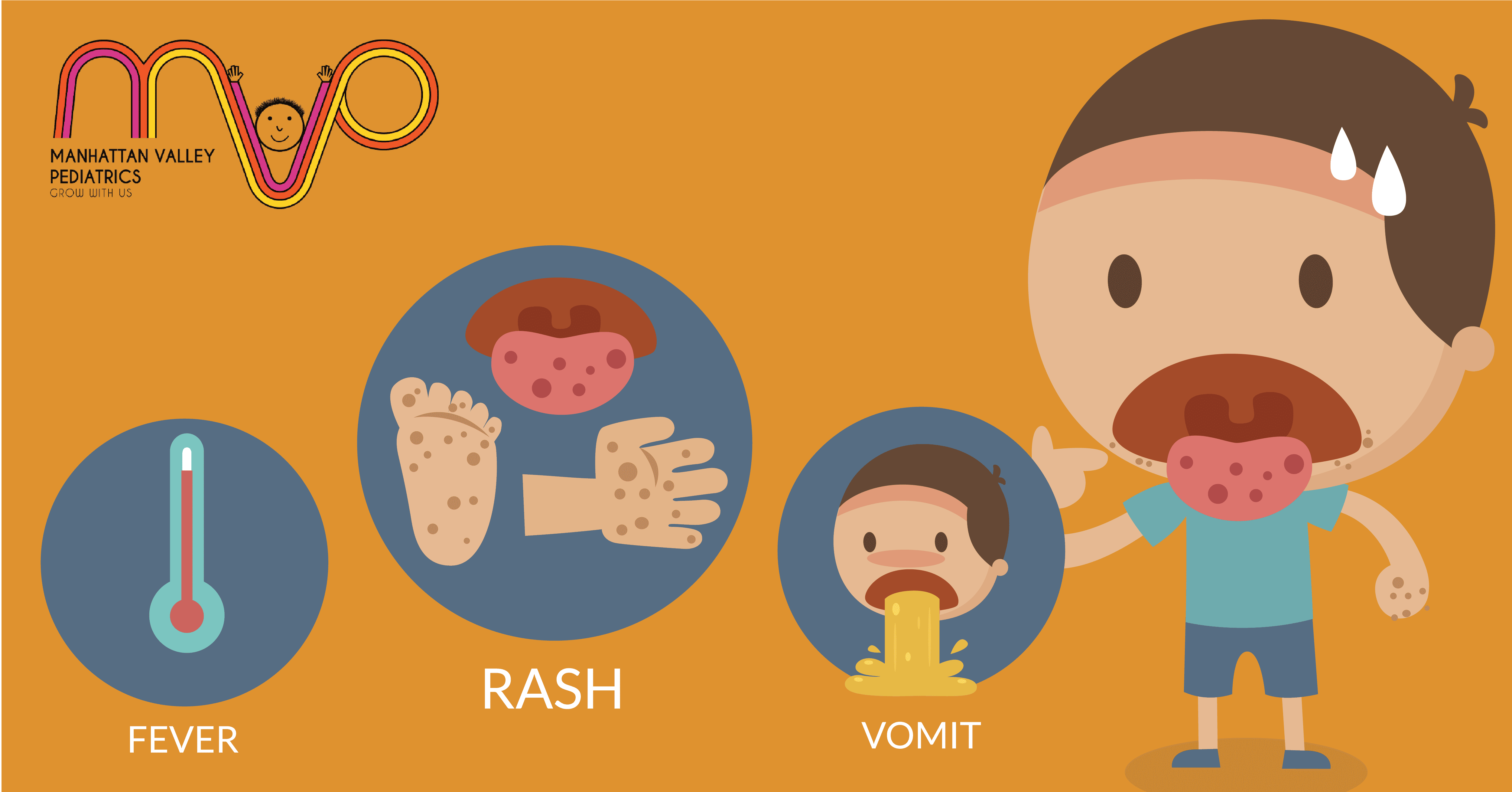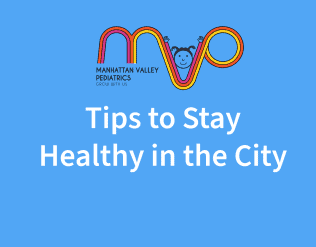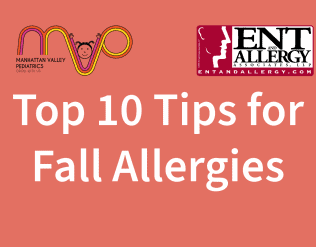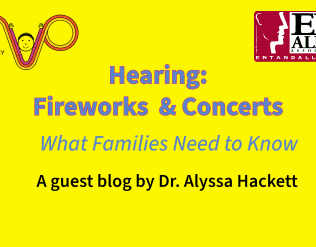Hand Foot and Mouth Disease
What is Hand, Foot and Mouth Disease (aka Coxsackie Virus)
Hand, Foot, and Mouth Disease (HFMD), aka Coxsackie, is a virus that causes sores around the mouth and throat and a rash on… you guessed it… hands and feet, but also, sometimes, the diaper area. Children usually have a high-ish fever for a couple of days, they can be very fussy, and it can hurt to eat. Usually, we recommend pain control with ibuprofen, Tylenol, and lots of bland, cold food. These kids tend to like cold dairy products as they are soothing on the sores.
Symptoms Overview
HFMD may cause one or all of the following:
- Fever.
- Sore throat.
- Feeling sick.
- Painful, blister-like lesions on the tongue, gums, and inside of the cheeks.
- A rash on the palms, soles, and sometimes the buttocks. The rash is not itchy, but sometimes it has blisters. Depending on skin tone, the rash may appear red, white, or gray or only show tiny bumps.
- Fussiness in infants and toddlers.
- Loss of appetite.
- Sometimes you may see peeling of the hands or feet, or even nails falling off, weeks to months after the infection.
Treatment
There is no specific treatment for the infection other than symptom relief.
Antibiotics do not work because a virus causes the infection. (Antibiotics treat infections caused by bacteria, not viruses.)
Try these remedies at home to care for your child:
- Over-the-counter medicines, such as acetaminophen (Tylenol) or ibuprofen, can treat fever. Check out our dosing page here.
- Saltwater mouth rinses (1/2 teaspoon, or 6 grams, of salt to 1 glass of warm water) may be soothing.
- Drink plenty of fluids. The best fluids are cold milk products. Do not offer drinks containing juice or soda because their acid content causes burning pain in the ulcers.
What Causes HFMD:
- Coxsackievirus A16 is typically the most common cause of HFMD in the United States. Other coxsackie viruses can also cause the illness.
- Coxsackievirus A6 can also cause HFMD, and the symptoms may be more severe.
- Enterovirus 71 (EV-A71) has been associated with cases and outbreaks in East and Southeast Asia. Although rare, EV-A71 has been associated with more severe diseases such as encephalitis (brain swelling).
How Do You Get Hand, Foot, and Mouth Disease?
- Most people get the coxsackievirus infection — and hand-foot-and-mouth disease — through the mouth.
- Contact with droplets that contain the virus happen when a person sick with HFMD coughs, sneezes, or talks.
- Touching an infected person or making close contact with them, such as kissing, hugging, sharing cups, or eating utensils.
- Touching an infected person’s poop, such as changing diapers, and then touching your eyes, nose, or mouth.
- Touching objects and surfaces with the virus on them, like doorknobs or toys, and then touching your eyes, nose, or mouth.
Note:
Although rare, you can also get the virus by swallowing recreational water, like in swimming pools. Water not properly treated with chlorine becomes contaminated with poop from a person with HFMD.
Minimize Exposure to Others:
Your child is most contagious during the first week of HFMD. The virus can stay in the body for weeks after symptoms go away. Outbreaks are common in summer and early autumn.
Prevention:
- Wash hands often. Wash your hands for at least 20 seconds. Be sure to wash your hands after using the toilet or changing a diaper. Also, wash your hands before preparing or eating food and after blowing your nose, sneezing, or coughing. When soap and water aren’t available, use hand sanitizer.
- Teach good hygiene. Show your children how to wash their hands and help them do it often. Show them how to practice good hygiene overall. Explain to them why it’s best not to put their fingers, hands, or other objects in their mouths.
- Disinfect common areas. Clean high-traffic areas and surfaces first with soap and water. Next, clean with a diluted solution of chlorine bleach and water. If your child attends daycare or other classes, be mindful that the virus can live for days on surfaces in common areas, including door knobs and shared items such as toys.
- Avoid close contact. Because hand-foot-and-mouth disease is highly contagious, people with the illness should limit their exposure to others while they have symptoms. Keep children with hand-foot-and-mouth disease out of their childcare setting or school until the fever is gone and mouth sores have healed. If you have an illness, stay home from work.
Complications:
The most common complication of hand-foot-and-mouth disease is dehydration. The illness can cause sores in the mouth and throat, making swallowing painful. Encourage your child to drink fluids during disease. If children become too dehydrated, they may need intravenous fluids in the hospital. Hand-foot-and-mouth disease is usually a minor illness. It usually causes fever and mild symptoms for a few days.
Rarely the enterovirus that causes hand-foot-and-mouth disease enters the brain and causes serious complications:
- Viral meningitis. This is a rare infection and inflammation of the membranes (meninges) and cerebrospinal fluid surrounding the brain and spinal cord.
- Encephalitis. This severe and potentially life-threatening disease involves brain inflammation. Encephalitis is rare.
When to see a doctor:
Hand-foot-and-mouth disease is usually a minor illness. It typically only causes fever and mild symptoms for a few days. Call us if your child is younger than six months, has a weakened immune system, has mouth sores or a sore throat that makes it painful to drink fluids, or if your child’s symptoms don’t improve after ten days.
Sources include The Mayo Clinic, CDC, NYC Health, National Library of Medicine & Mount Sinai.




